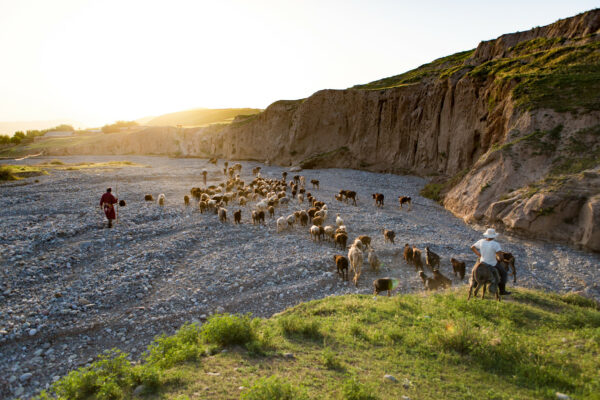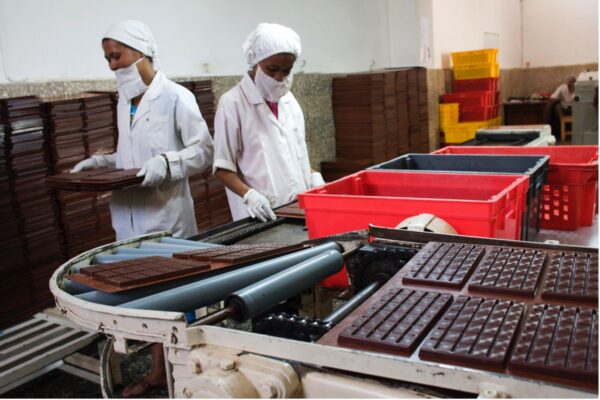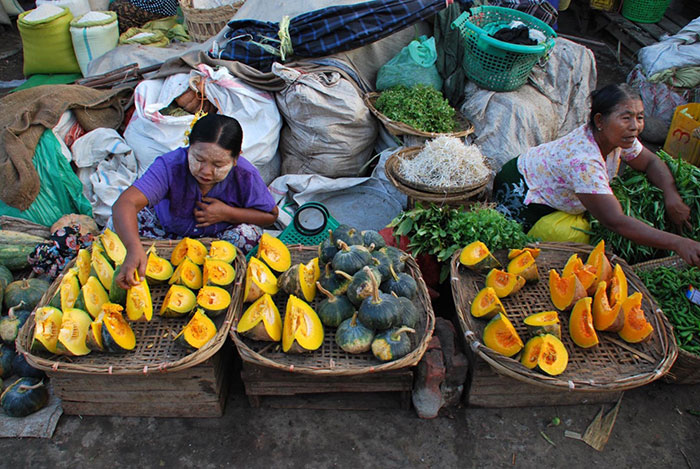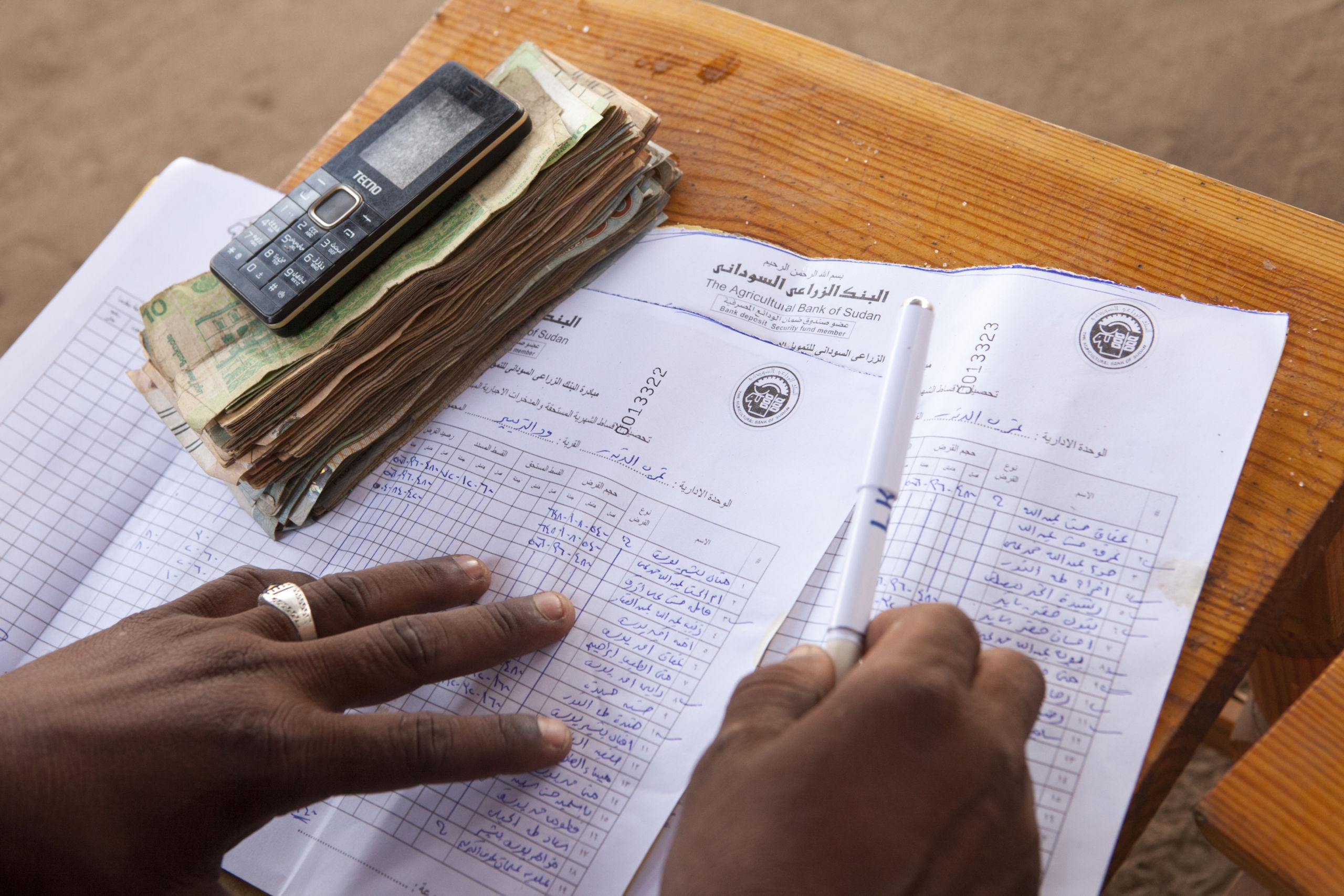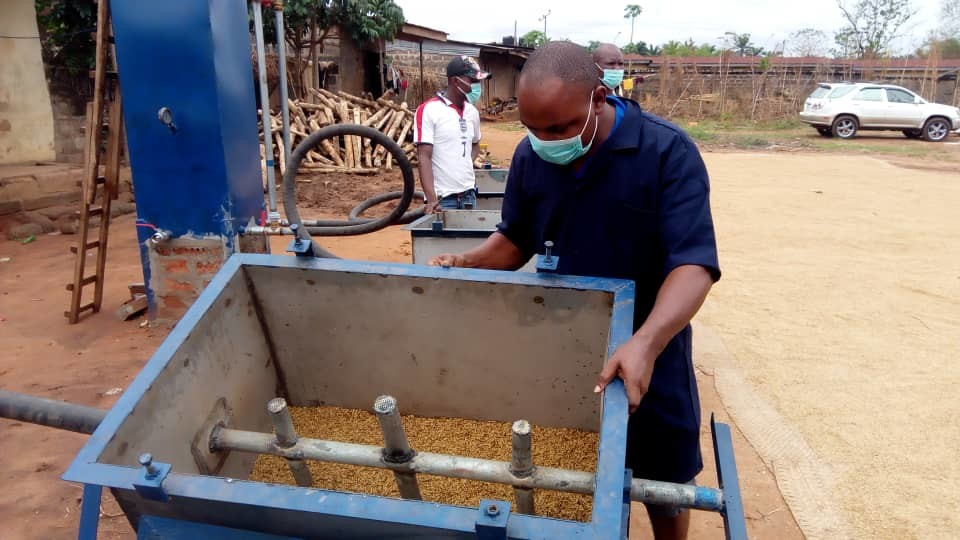Our Thematic Work
The United Nations Agenda 2030 for Sustainable Development puts agriculture and rural development in a new perspective. The sustainable development goals confirmed the centrality of food security in sustainable development and the need for more responsible and efficient use of natural resources, social integration, economic growth and employment generation.
Agriculture and rural development constitute highly complex systems which require long-term strategies. The increased focus on approaches which capture these complexities bring opportunities for broader policy coherence and concerted action. The Platform has always recognized the importance of knowledge sharing amongst development partners and of appraising the impact of the new global agenda on the member organisations’ modus operandi.
The Platform focuses on selected thematic areas that can directly contribute to a more comprehensive approach to sustainable rural development, namely land governance, rural youth employment, sustainable/blended finance for food systems and a roadmap to SDG 2. These Thematic Working Groups gather donors in all four fields to share knowledge, develop agendas and combine advocacy efforts.
Land Governance
The Global Working Group on Land is committed to increase the coordination and knowledge exchange on land governance programmes and jointly advocate the relevance of land issues in policy processes which affect international development.
Rural Youth Employment
Youth are at the heart of the future of agriculture, food production and rural development, but it requires inclusive strategies that help making agriculture and rural livelihoods more attractive for them.
SDG2 Roadmap
Ending hunger and malnutrition has been a priority for many donors for at least a decade. Over the last two years, an informal group of senior officials from different donor agencies active in agriculture, food and nutrition security has come together to exchange views on how to continue efforts within the framework of SDG2.1.
Sustainable/Blended Finance for Food Systems
To close the financing gap, donors need new ways to make their financing more catalytic by bringing in commercial financing from development finance institutions (DFIs) and the private sector. The new Thematic Working Group on Sustainable/Blended Finance for Food Systems brings together donors, impact investors and research institutes to increase transparency, develop benchmarks, and build the evidence that will lead towards better decision making and more effective allocation of scarce donor dollars.
Confronting Crises Together
The Global Donor Platform for Rural Development has an important role to play in facilitating information and knowledge sharing within the donor community and with our development partners. This is especially crucial during global crises such as the COVID-19 pandemic and the current global food price crisis. Effective dialogue and information exchange help international organisations address the impacts of policies and strategies on food security and rural development to build long-term resilience.

